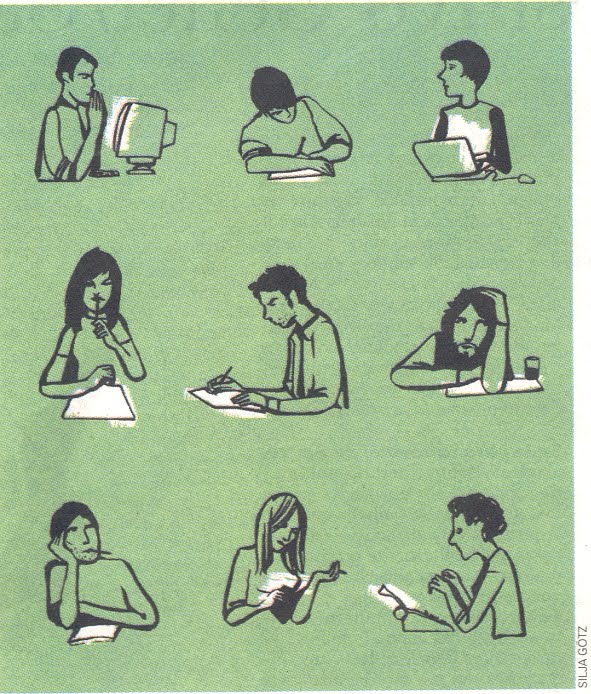Translators have to write texts
that accurately convey the message and content of the original document and are
grammatical and readable in the target language.
A good translation should read
like a document in its own right. In many cases, for example legislation, the
translation is 'authentic', which means it has the same legal force as the
original version.
Faithful translations and
interpretation reflect both the intention of the author or speaker and the
style and register of the language used.
Interpreters provide spoken
versions that convey, in another language, the message and intentions of the
original speaker.
Unlike translators, interpreters
are seen by their customers. They make face-to-face communication possible.
Interpreters speak in the first person and become the voice of the speaker.
They express the speaker's ideas and convictions with the same intensity and
same shades of meaning, and without ever adding their own views or comments.
Both interpreters and translators
must understand all the shades of meaning of the source language, so that they
can reproduce it as faithfully and naturally as possible in the target
language. This also requires excellent drafting skills and the ability to think
on your feet!
Skills needed by professional translator and
conference interpreters
The ability to understand is
essential for both translation and interpreting. You can't express the content
of a speech or text clearly unless you have understood it in the first place.
So translators and interpreters must have a thorough knowledge of the source
language, a well-developed ability to analyse and some knowledge of the subject-matter.
But understanding is not enough.
Interpreters and translators must be able to re-express this information
accurately and eloquently so it can be used by their target audience.
They must know how to find the
right register for a given situation, for a document (written) or speech
(oral).
Translators' skills
Excellent drafting skills, in
order to produce texts that don't sound like translations.
Thoroughness and accuracy, so
that they remain true to the spirit of the original and all the information it
contains. Specialised translation is impossible without terminology and
document research and liaison with specialists in the field.
Translators must have an
enquiring mind, a desire to learn and a sense of initiative. Translators often
have to work under pressure (to short deadlines), so they must be adaptable and
able to get their priorities right and organise their work.
Freelances must also have the
ability to market and manage their business.
Increasingly, translators must be
computer-literate and able to use a range of software applications to optimise
their work.
Interpreters' skills
Conference interpreters must be effective
communicators, at least as spellbinding as the speakers.
Conference interpreters must keep
rigorously up to date with world affairs and the areas in which they work.
Increasingly, interpreters must be computer-literate and able to use a wide range
of research tools. When the microphone is on, there is no time to look things
up in dictionaries and encyclopaedias: the interpreter has to be on the ball.
Interpreters work without a
safety net and must possess the gifts of intuition and flexibility, coupled
with rapid reactions that enable them to tackle any subject by any speaker
without being thrown.
Interpreters must possess
diplomatic skills and be sensitive to the context and the situation in which
they're speaking if they are to convey the speaker's intention correctly.
extract from Translation and interpreting: Languages in action European Commission (2009), pp. 6-7


Ningún comentario:
Publicar un comentario